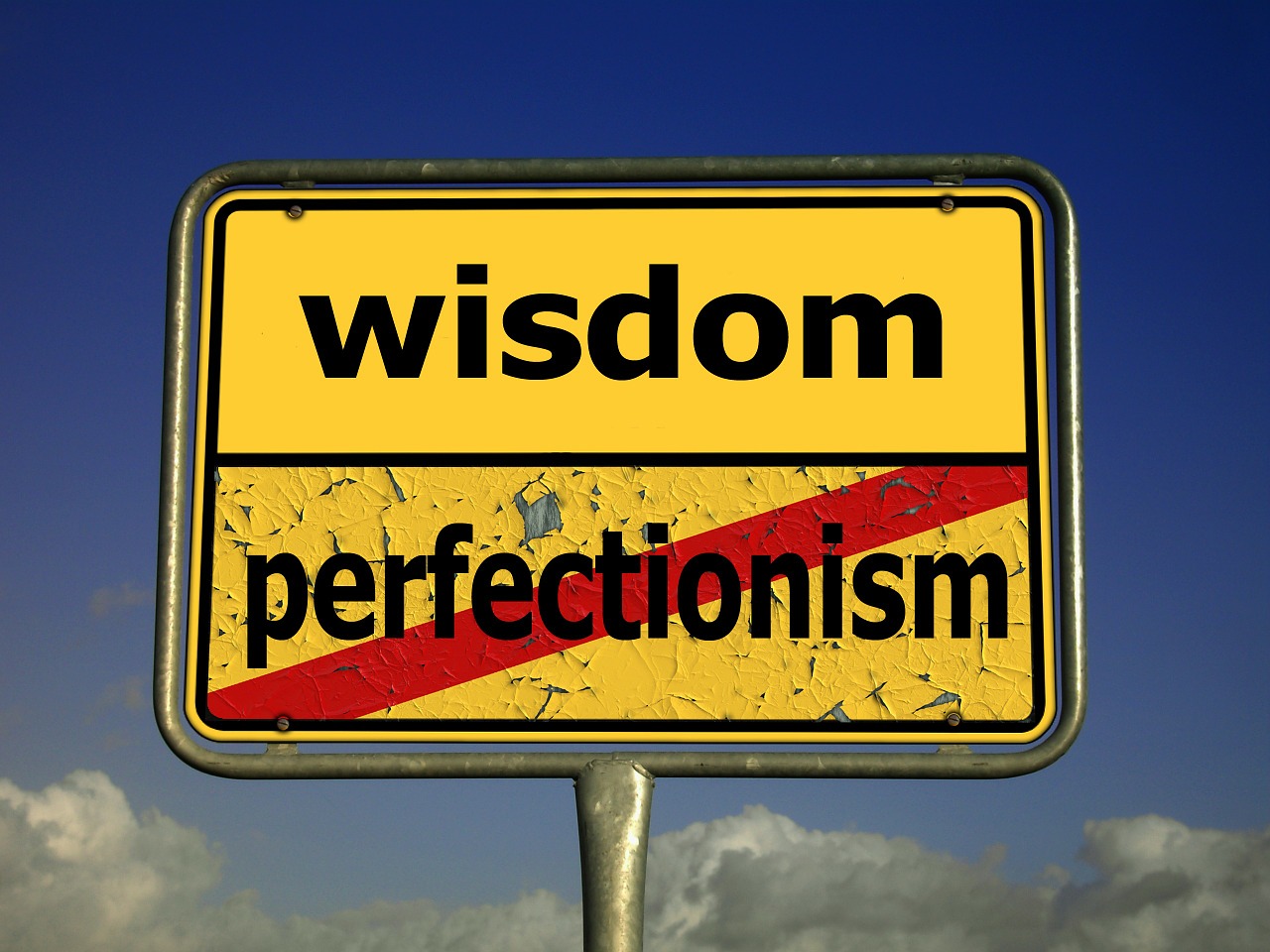
When we hear the word narcissism, we tend to think of people who are arrogant, self-centered, and entitled, with an inflated sense of their own importance and difficulty feeling true empathy for others. These kinds of people can come across as full of themselves and will rarely admit to making mistakes, if ever. I bet you can think of several examples right now of politicians or celebrities who seem to have massively big egos. Let’s think of this type of narcissism as “capital N” narcissism, if you will, and maybe the letters are written in large neon colors. Today, we’ll be talking about a very different kind of narcissism, a much more subtle version: “little n” narcissism. It’s not big or flashy like capital-N narcissism. In fact, little-n narcissism is usually dangerously quiet, sometimes existing just as a whisper inside of ourselves, a whisper that says whenever something goes wrong, it is somehow always our fault.
Little-n narcissism is not an official mental health diagnosis, of course, but rather a term was born a few years back in a session with a much beloved patient. Since then, I’ve found “little-n” narcissism to be a handy concept to help people understand the tendency to grossly overpersonalize the bad stuff in their lives. Does any of this sound familiar? If so, take a moment to answer the following questions:
- When things are going badly in your life, do you often ruminate about your own flaws and inadequacies?
- When things are going poorly in a relationship, do you obsess over all of the ways you are “messed up” and need to improve?
- When you fail at something, do you feel alone in your failure? And do you have difficulty remembering that everyone fails?
- When you are struggling with feeling anxious or down, do you blame your own inadequacies for your struggle? And do you use a harsh tone within yourself to deliver that blame?
- When you make a mistake, do you have trouble forgiving yourself?
If you answered yes to several of these questions in this informal quiz, you might struggle with little-n narcissism. Take heart. You’re in good company because little-n narcissism is probably quite common. A lot of people struggle with their own inadequacies, insecurities, and sense of self-worth. Like its “capital-N” cousin, “little-n” narcissism involves an overactive ego. In capital-N narcissism, someone’s ego grossly exaggerates their own sense of importance and goodness. In contrast, little-n narcissism causes someone’s ego to grossly overstate their own flaws and badness. Ouch! That’s a painful way to live.
There’s a small piece of little-n narcissism that might be functional: the ability to gut check our own choices and behaviors. As responsible human beings living in society, it is good for us to check out whether or not we might have contributed to a bad situation, even if we contributed inadvertently. Doing a gut check allows us to own and apologize for mistakes, glean wisdom from difficult experiences, and plan for how to move forward in a better way. Little-n narcissism is a total stinker because it takes this waaaay too far. Little-n narcissism insists that we are very likely responsible for absolutely everything that goes wrong in our lives. To make matters worse, it plays these negative opinions over and over and over within ourselves. Not nice, little-n narcissism! Not nice at all. Buying into little-n narcissism can be devastating for self-esteem and leave us at risk for depression.
If you suffer from little-n narcissism, I have two pieces of good news for you. Piece of good news #1: You are probably not really that bad. Seriously. From a psychological perspective, there are very few people in the world who fall into the category of very truly bad. Those people are out there, yes, but if you’re still reading this blog post right now, the chances are pretty slim that you fall into the category of very truly bad. Like the rest of us, you are probably perfectly imperfect, a complex mix of strengths and shortcomings, successes and failures, triumphs and mistakes. Little-n narcissism is really a problem of a faulty, overly narrow perspective that massively exaggerates our shortcomings, failures, and mistakes, while minimizing a very important piece of healthy perspective: context. Think about it for a minute: there’s almost always more to the story than, “I did something bad, which means I’m bad.” There’s always context: Were other people involved? If so, what context and contributions did they add to the mix? Were you feeling okay? Had you eaten? Were you upset about something else at the time? Were you under pressure or stressed from sources out of your control? Did you have the knowledge needed to avoid making that mistake? Were you dealing with a situation that would upset nearly anybody? Keep in mind that context is not a way to excuse and justify our own mistakes and poor choices. If we make a mistake, it is important to be able to own it and make amends if needed. Context, however, can help us keep a healthier perspective, remembering that we can move forward from our mistakes and missteps.
Piece of good news #2: You can learn to turn down the volume on little-n narcissism. The very first step is to increase your own willingness to think differently about yourself, realizing that it is not healthy to buy into such an ugly, negative self-appraisal. During this first step, it might be helpful to explore where you learned this way of thinking about yourself. If it feels too overwhelming to do this exploration on your own, you may want to seek the support of a therapist (hi there) or other qualified professional.
The next step, and it’s a biggie, is to learn to cultivate self-compassion. It turns out that the ability to be compassionate with ourselves is closely tied to our overall physical and emotional health. Please check out my earlier blog post, Be Nice to Yourself! The Science of Self-Compassion, for much more information about cultivating the ability to treat yourself better. If your little-n narcissism is especially stubborn and tricky, you may want to learn the skill of cognitive defusion, which can help you avoid fusing with your own negative self-talk when it arises. Check out my blog post Thank Your Brain Because It’s Only Trying to Help for more specifics about cognitive defusion techniques.

Another important step in recovering from little-n narcissism, and it’s another biggie, is to learn to forgive yourself for being human. Being human means we are guaranteed to make mistakes, sometimes really big ones. Making mistakes, though, is only one part of life. Staying hyperfocused on our shortcomings means we miss out on living the rest of our our lives. Plus, learning to forgive ourselves is healthy. And, yep, I’ve written a blog about forgiveness, too: Forgiveness Is Hard, But Also Healthy: The Psychology of Letting Go of Our Grudges. If you suffer from little-n narcissism, you have some work to do to let go of your grudges towards yourself.
With time and willingness, you can turn down the volume of little-n narcissism, which creates room for a healthier perspective about yourself, and your life. It’s hard work but definitely worth it.
May you appreciate the goodness in yourself and others,
Dr. Jen




